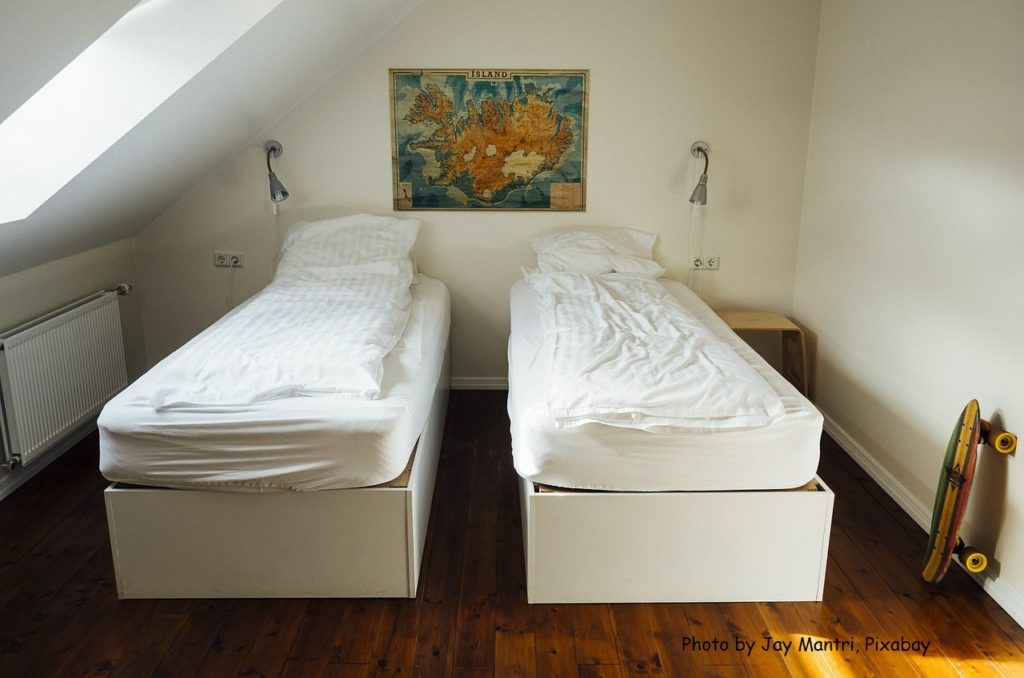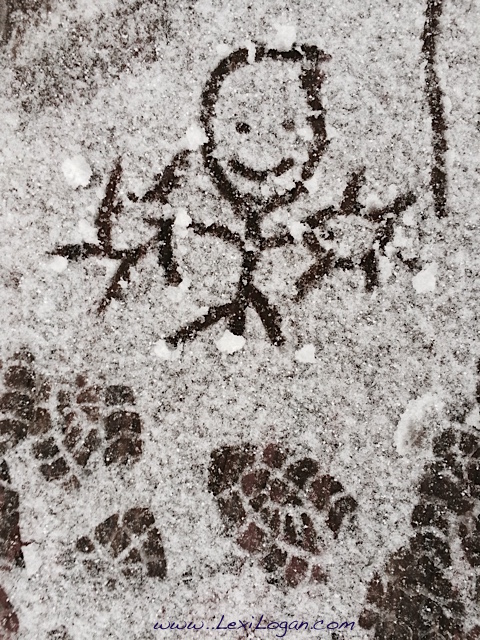 “Help, Mommy, Daddy, I wet the bed!”
“Help, Mommy, Daddy, I wet the bed!”
As you wash yet another set of bed sheets and wet pajama bottoms, you may be wondering WHEN your child will stay dry at night and WHY your child still wets the bed when his friends, or worse yet, his younger siblings, are dry. This post addresses primary bedwetting (doctors call this “primary nocturnal enuresis”), kids who have NEVER been dry at night. Children who have had months or years of dry nights and then start bedwetting consistently should go see their pediatrician to rule out medical causes of new bedwetting.
Here are a few things parents of bed-wetters should know.
Most children master staying dry during the day BEFORE staying dry during the night. Only a small number of children actually wake up dry in the morning before they start potty training. Daytime dryness is under your child’s cognitive control. Night time dryness is not learned or controlled by your child’s rational brain, but rather is a function of your child’s bladder being mature enough to send a WAKE UP!! signal to your child. Quick hint here: nightmares can result from a full bladder. As you comfort your child from a bad dream, don’t forget to take him to the bathroom.
About 80 percent of children are dry overnight by age four. They sleep through the night and wake up dry or they wake up once to urinate in the bathroom and go back to bed. What about the other 20%? Each year after age four years, about 10% of kids who are wet at night become dry without any intervention. Genetics play a big role in this. If one parent was a bedwetter until age 7, for example, then the child has a 35% chance of bedwetting until this age. If both parents wet the bed until school age, then their child has at least an 80% chance of being just like Mom and Dad.
However, some kids just wet the bed even though their parents were dry at an early age. Regardless, parents can help.
Do NOT punish your child for wetting the bed. It truly isn’t his fault.
It is reasonable to limit fluid intake in the few hours before bed but do allow your child to drink water if thirsty or with teeth brushing.
By all means let your child wear training pants at night or at least put some form of water repellent mattress protector on your child’s bed. These are not “crutches” or “enablers” but rather save you from having to wash sheets and mattresses.
Not all kids are actually upset about bedwetting, but they can become very upset if parents let them feel that way. Reassure your child that someday “the pee pee will wake you up to go potty in the night” just like it tells your child to go to the bathroom during the day.
Older kids might become self-conscious, and their self-esteem gets impacted by their bedwetting. Typically this happens between the ages of 8 to 10 years, when sleep-overs and camp gain popularity.
Ways to help your child approach potentially awkward situations include:
- Have the sleep-over at your house and have our child’s absorbent training pants already in the bed hidden under the covers. Your child can put them on after “lights out.”
- Tell your child that he does not have to share the reason for not wanting to sleep away from home.
- Alternatively, he can tell his friends that YOU, the mean parent, will not allow him to attend sleepovers yet.
- If your child is motivated to try to become dry overnight, you can try a bed wetting alarm system. These systems work well over a period of several months. With alarms, both parents and children have to be active participants.
Additionally, there is one medical option.
Talk to your child’s health care provider about medicine called DDAVP that can give a “quick fix.” The medication can keep your child dry on the night he takes the medicine. The medicine comes in pill form. Your child could either take it only for sleepovers or can take it for a few months at a time if bedwetting compromises his self-esteem. Note that even after months of dry nights on medicine, your child will likely bed wet if he stops taking the medicine. However, there is also a chance that nature will have taken over and by the time the medication is stopped, your child will have reached the age that his body was programmed to stay dry at night.
Of course, your child’s health care provider can help ensure that your child merely has an immature bladder-to-brain messaging system and not any other cause of his bed-wetting. Your doctor can also help evaluate if your child’s self esteem is affected by his bedwetting.
While not the most glamorous part of the parenting game, washing up after a bedwetting child and keeping a positive attitude for him are very important. The next time you will play this supportive role is when you become grandparents and your former bedwetter calls you for advice about his own bedwetting child.
Julie Kardos, MD and Naline Lai, MD
©2010 Two Peds in a Pod

 “Help, Mommy, Daddy, I wet the bed!”
“Help, Mommy, Daddy, I wet the bed!”